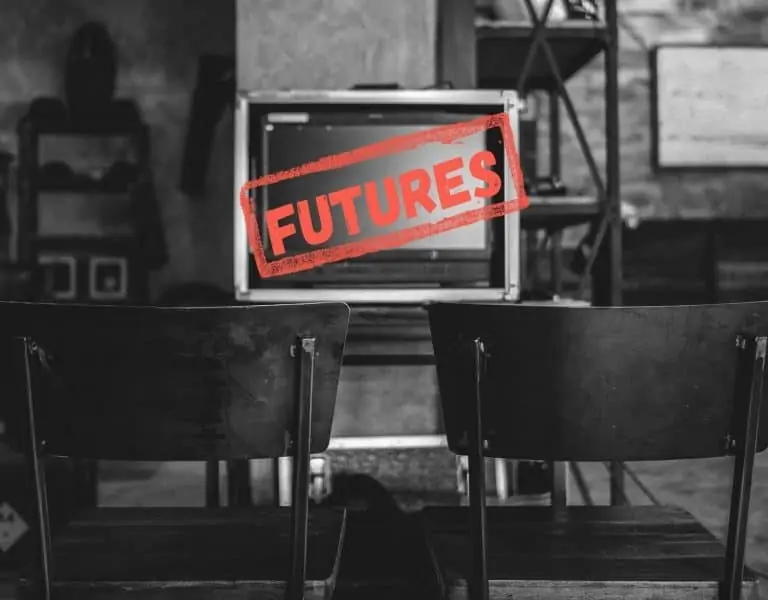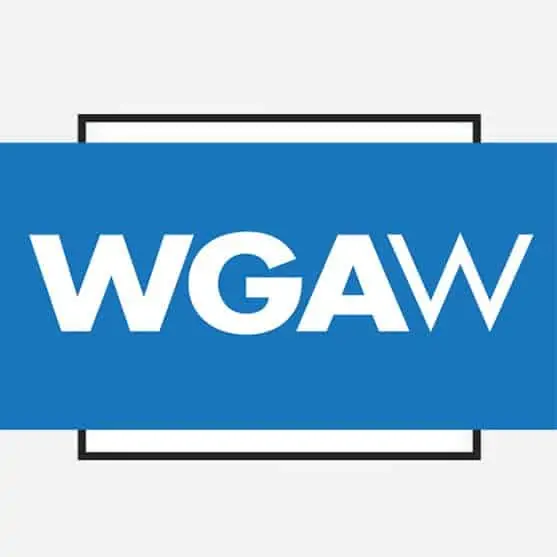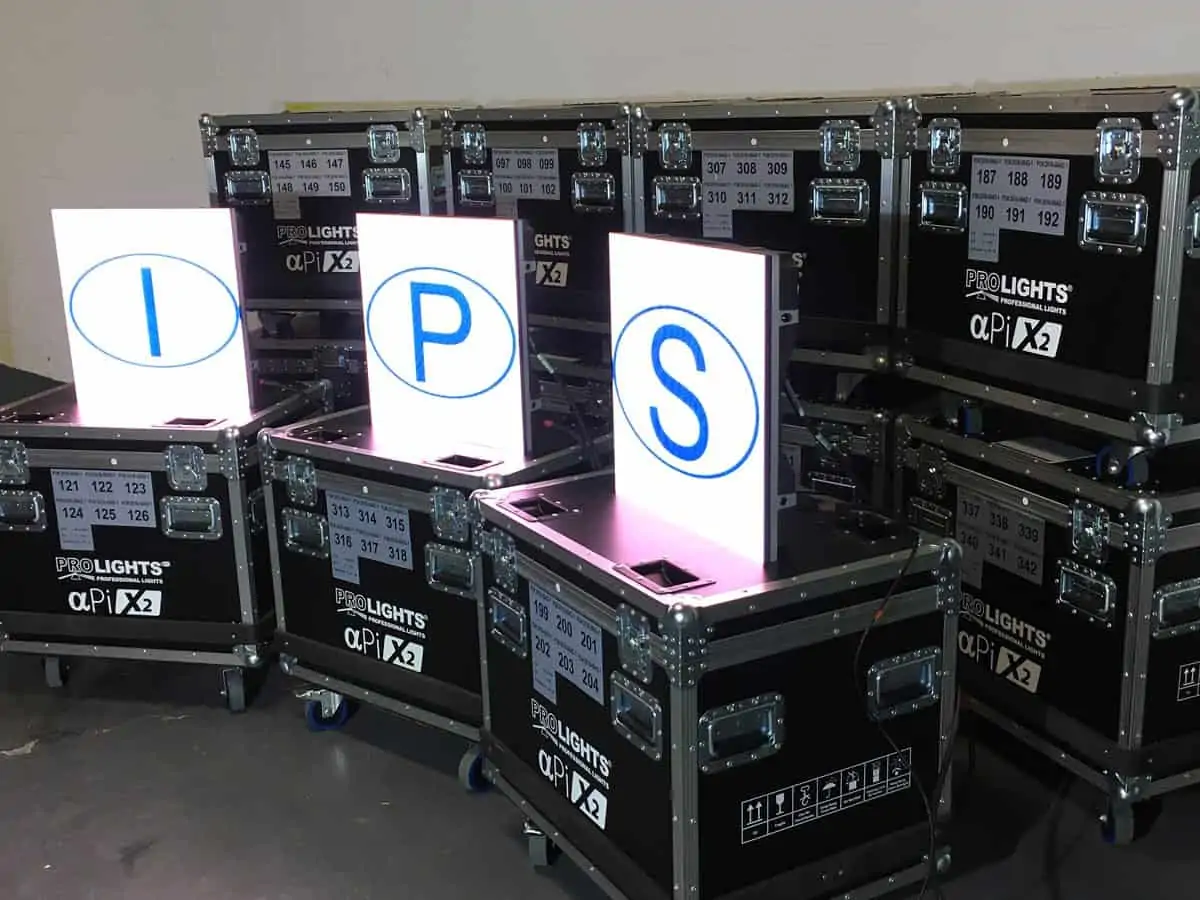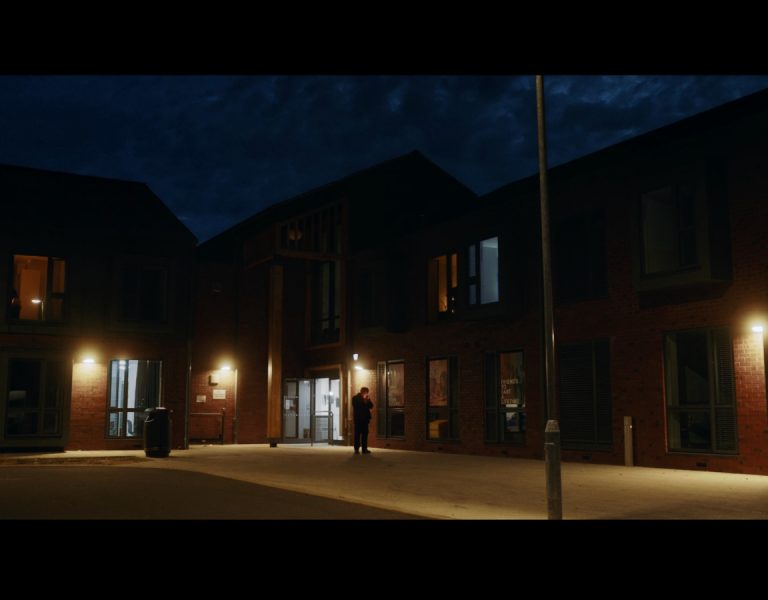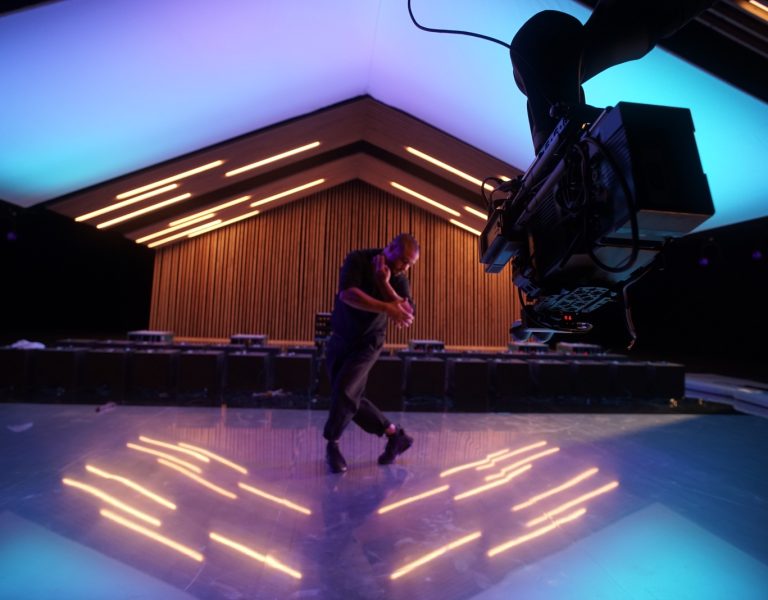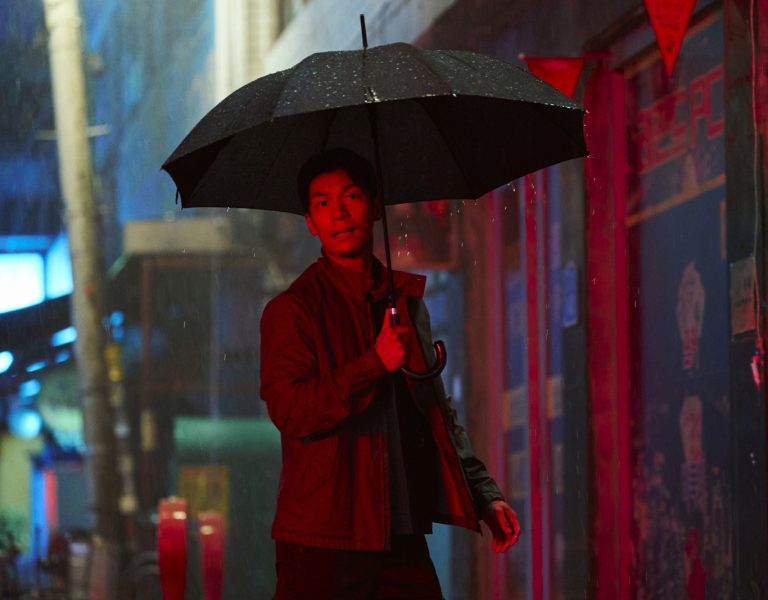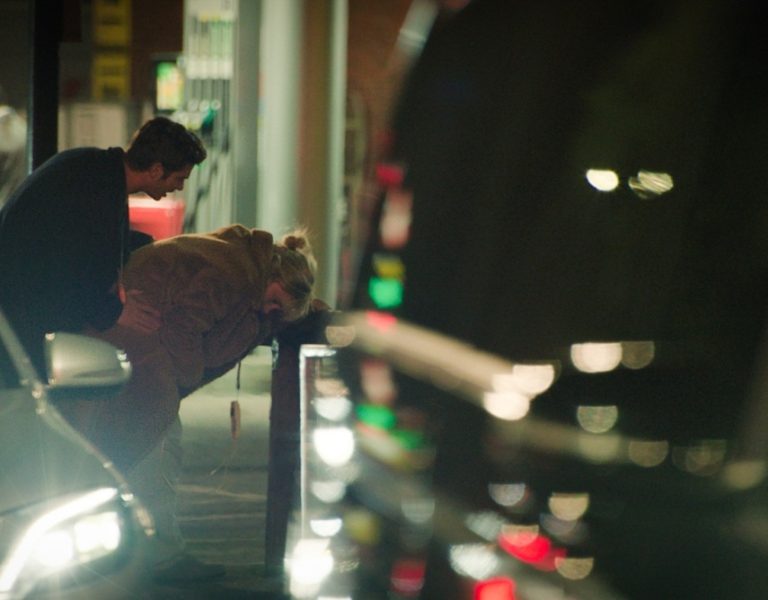COLLATERAL DAMAGE
As SAG-AFTRA strikes end, the lingering questions are how deeply did they shake the industry, and what lies ahead?
The strikes that plagued the industry throughout much of 2023 have ended, mirroring the resolution in a suspenseful Hollywood thriller. Now, as a deal emerges, the denouement takes shape. For those needing a recap, the Writers Guild of America and SAG-AFTRA led stoppages seeking pay raises and job security amid advancements in AI technology. This period of uncertainty notably disrupted major productions such as Gladiator 2, Deadpool 3, and Mission: Impossible – Dead Reckoning Part Two. Ultimately, tentative agreements with the AMPTP resolved the labour disputes.
Cinematographer Zach Kuperstein was filming Don’t Move in Bulgaria when the strikes began. Fortunately, producers negotiated a SAG waiver early, minimising actor loss for only part of a day, enabling shooting with photo doubles to continue. “After we wrapped, I had several potential films that seemed to push for reasons aside from the strike. Even with interim agreements with SAG, I think actors were hesitant to work, and what promised to be a very busy year, slowed down.”
The adage, “When America sneezes, the world catches a cold,” applied as strikes widely impacted global film and TV industries.
France-based DP and virtual production consultant Quentin Jorquera says “the necessity of this strike was undeniable”, yet it’s crucial not to overlook the profound impact on crew. “The cancellation of Metropolis in Melbourne alone resulted in a $200m loss for local technicians,” he adds.
In the UK, James Thorne, creative director, 4Wood TV and Film, whose company builds sets for TV and film productions, says he saw a downturn in new business enquiries and work that was secured being paused or cancelled. “In some respects, we were luckier than others since we had already started diversifying our business,” he adds. “We doubled down on this and it gave us continued work during a really tricky time. We also accelerated our plans to start a set storage facility, which kept the team occupied and morale higher than it might have been.”
Gaffer Harlon Haveland’s business, Light Source Film – the largest database of qualified industry electricians in the British Isles – weathered the storm. “It’s a good fountain of information and is needed in darker periods,” he shares. “I personally landed a couple of commercials which kept my head above water but the UK film industry was on its knees. I know of people who had to borrow money from their parents to help with the bills. I also heard of owners of companies associated with the industry putting their houses on the market to help get them through. There’s still a need for small British independent productions in the UK and they’re as important as foreign investment.”
A number of people ‘left the industry’ to find work during the strikes, but Haveland says everyone he knows who quit since returned. “The industry is more of a lifestyle and not just a career,” he says. “I’m not likening it to farming but you deal with a lot of horse muck in both.”
LOOKING AHEAD
Kuperstein notes that whilst writers and actors pushed for improved residuals and protections, those below the line faced unemployment. This pressured productions to make up for lost time, possibly resulting in reduced rates, extended hours, or both.
“The other major effect is on our leverage going into our own contract negotiations with the AMPTP next summer,” he adds. “With everyone out of work for so long this year, we’re really going to need solidarity from the actors and writers going into bargaining.”
So, will things get worse before they get better?
“It’s more a hope than a prediction, but I’m thinking it’ll be like COVID 2.0,” Haveland says, “that it’s going to start up with a bang and to exponentially expand.”
Christiane Kinney, entertainment attorney at Kinney Law, P.C. says some within the actors’ union, like stunt performers and riggers, felt overlooked and dissatisfied with the final outcome.
“AI was obviously a major area of concern that many people felt was inadequately addressed in the final agreement,” she explains. “The exceptions to consent for certain post-production alterations, editing, dubbing, and use of a double, as well as the vague promise for the producers to ‘bargain’ and ‘obtain consent’ for the use of synthetic performers, leaves a lot of performers vulnerable to being replaced by digital replicas.”
Jorquera says his “pessimism leans towards the possibility of another, hopefully shorter, strike” aimed at revaluating technicians’ wages and financial stability.
“Globalising these actions is crucial for worldwide technicians and artists to avoid suffering from strikes and gain from positive outcomes,” he notes.
Diane Nyiry, executive director of Cine Power International, a well-established electronic design and manufacturing company, asserts that enormous amounts of money have been lost and she believes that recovering from such losses will prove nearly impossible. “A camera and lens rental house in Hollywood told me it’s slowly restarting but that it will never be able to make up what it lost,” she says. “While new entrants, possibly inexperienced ‘chancers’, might emerge in the industry, a significant pool of knowledge and expertise has already dissipated.”
She adds that the prospect of this “deal” undergoing review in three years raises uncertainties, pointing to the UK coal miners’ strike and “Dagenham’s effect on our car industry”, highlighting how “such collapses often pave the way for unforeseen and not necessarily favourable changes”.
Kinney’s optimism echoes the industry’s resilience seen during the pandemic shutdown in that productions quickly resumed after initial safety struggles, bringing relief and satisfaction to all involved. “On the heels of two back-to-back lengthy breaks where actors were largely unable to work, it won’t take any time at all to regain traction here,” she says.
Ray Gillon, founder of G-Minor, a post-production and international dubbing consultancy, faced relatively minimal impact and is also sanguine. “It will recover,” he adds. “New studios are still opening. We are a lot cheaper than the US.”
On a serious note, the strikes have ended. Let’s hope for new beginnings, not a sequel.
